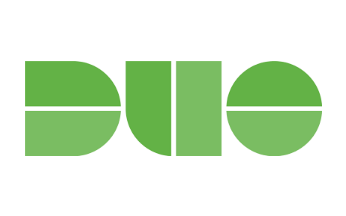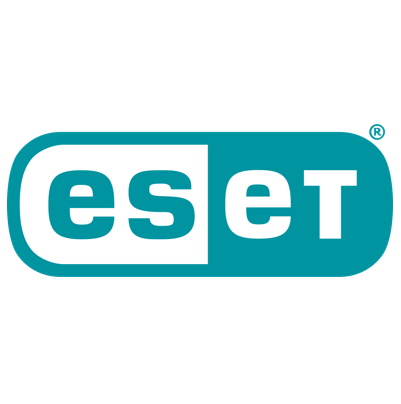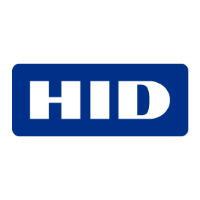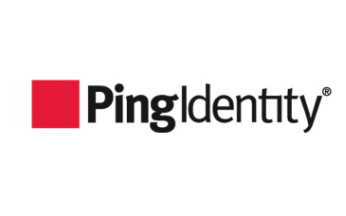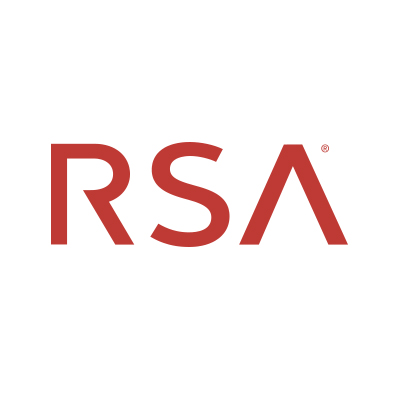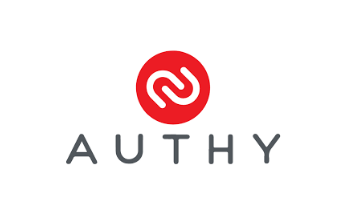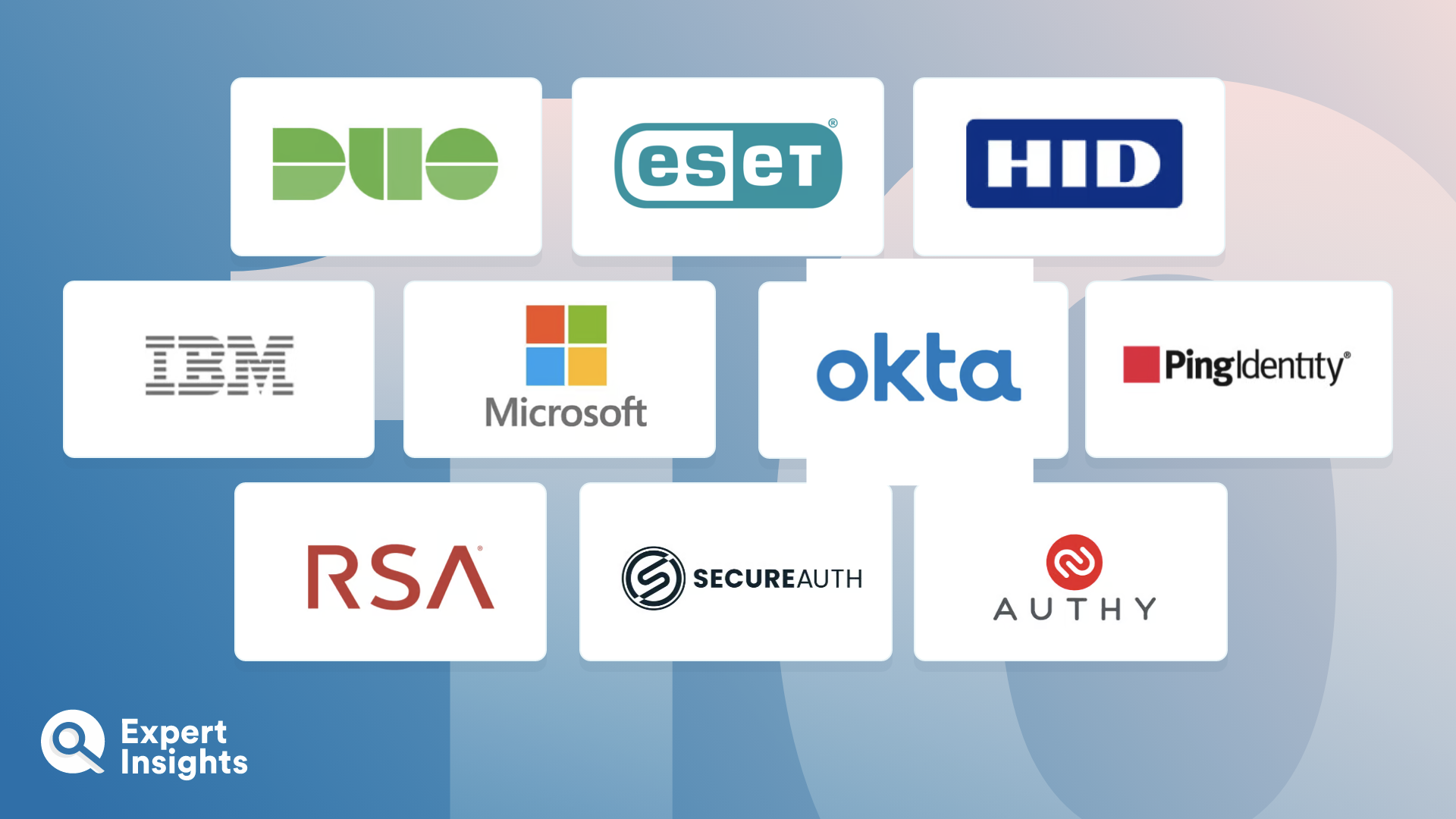Microsoft 365, formerly Office 365, is one of the most popular productivity suites used today, with SMBs and enterprises alike utilizing Outlook, OneDrive, and Teams as a central hub for users’ work. This increases accessibility and productivity, but it has also made Microsoft 365 a common target for cyberattacks. With everything being stored in one place, it only takes the compromise of one account for a cybercriminal to gain access to all of your business’ data. Therefore, it’s critical to implement effective security measures to ensure all users are legitimate and verified before they’re granted access to company data. One way to do that is with multi-factor authentication.
Microsoft is one of the most impersonated brands globally, with attackers spoofing the vendor’s identity in order to manipulate users into handing over their login credentials. Armed with a user’s Microsoft 365 username and password, a cybercriminal can access corporate data stored in OneDrive, SharePoint, Outlook, and Teams, install malware, and carry out further impersonation attacks within the company to gain access to higher-tier systems.
Multi-factor authentication (MFA) for Microsoft 365 prevents this by requiring users to verify their identities via two or more methods before being granted access to their 365 accounts. This is usually via something they know (e.g., a password), something they have (e.g., a hardware token), or something they are (e.g., a fingerprint scan). This means that, even if an attacker manages to steal or crack a user’s password, they won’t be able to access that user’s account without a second factor of authentication—and it’s much harder to steal a fingerprint than it is a password.
In this guide, we’ll explore the best authentication solutions for Microsoft 365. We’ll give you some background information on the provider and the key features of each solution, as well as who they’re best suited for, so you can be certain you’re choosing the best protection for your organization.



